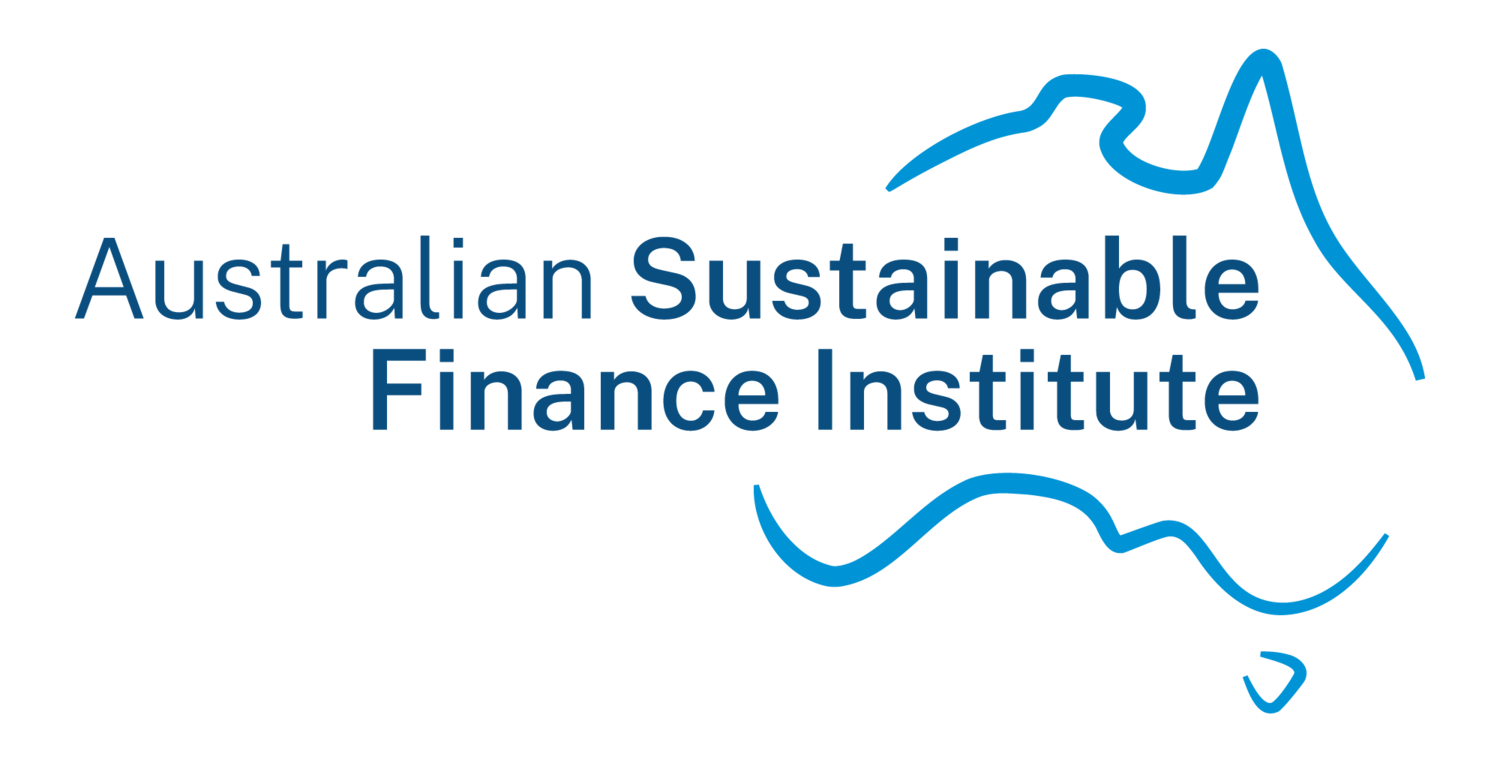Key Insights from COP29
This year’s UNFCCC Conference of the Parties (“COP29”) wrapped up last week in Baku. Government negotiations were difficult, but the overall tone of the Conference was more optimistic than some had expected following recent global political developments.
Agreement was eventually reached on the contentious and high-profile item of climate finance (the “New Collective Quantified Goal”), with Australia playing an important role in securing an outcome as co-chair of negotiations at both officials and Ministerial levels. The goal will support developing countries in two parts: an overarching investment goal of US$1.3 trillion per year by 2035, to be “enabled” by all actors; and US$300 billion per year by 2035 for developed countries to take the lead on delivering.
Both targets envisage a significant role for private finance alongside government contributions, meaning supportive policies and blended instruments will be key to unlocking the amount of capital required. While the $300bn per year figure is a three-fold increase on the previous goal, it falls well short of what many developing countries called for. Developed countries including Australia are set to announce their national climate finance commitments, together with their latest emissions reduction targets (Nationally Determined Contributions) in 2025.
Progress was also made on global carbon markets regulated by the UNFCCC (Article 6 of the Paris Agreement), with parties agreeing to some of the details for how these could operate (including country-to-country trading authorisations and a centralized carbon crediting mechanism). This is significant; however, the scale of trade will only increase if compelling incentives for demand are put in place within countries. All official outcomes for the Conference can be found here.
There was no formal announcement of hosting rights for COP31, but the Australian Government stepped up its efforts to secure the bid. Minister Bowen visited Turkey en route to Baku for discussions with his Turkish counterpart (note: Turkey is also seeking to host) and used his national statement at COP29 to reiterate Australia’s commitment to securing the rights to co-host with Pacific Island nations. At a meeting in Canberra on 26 November with the COP31 Climate Collaboration Group, Minister Bowen said he expected Australia would secure rights to host by COP30 in Belem in late 2025.
While government negotiations, especially on climate finance, attracted considerable attention, other activity at COP29 – particularly through the action agenda – demonstrated continued momentum across sectors to progress action on climate. Discussions on private finance have very much broadened into a sustainable finance agenda, with attention on the importance of sustainable finance policy and regulation, as well as blended finance, to unlock capital in support of climate mitigation and adaptation.
The ASFI team (represented by Kristy Graham and Oliver Doraisamy) were active on the ground in Baku, meeting with international and Australian partners. Common themes in ASFI’s meetings and discussions included: the importance of working towards interoperable sustainable finance frameworks and policies (including taxonomies); the need for policy coherence and certainty; opportunities for greater public-private collaboration, including through blended finance, to scale new technologies and markets; opportunities to better integrate climate and nature finance; and the value in developing credible approaches to defining transition finance to support decarbonisation in hard to abate sectors.
There was also growing recognition of Australia’s progress on sustainable finance policy, with interest from several countries on the approach in Australia’s taxonomy to defining transition finance, and appetite to work with Australia on harmonisation agendas.
L-R: Alex Matthews (Commonwealth Bank), Sean Kidney (Climate Bonds Initiative), Fiona Beck (Australian National University) and Kristy Graham (ASFI) at our COP29 side event.
ASFI’s panel session ‘From Mine to Market: Capturing Green Premium to Accelerate the Net Zero Transition’. brought together industry leaders Alex Matthews, Fiona J Beck and Sean Kidney to explore how the finance sector can help Australia seize its green mining opportunity. The discussed emphasised that with the right enabling settings and by leveraging tools like the Australian taxonomy – featuring world-first mining criteria – Australia can unlock significant flows of capital toward green mining activities. You can catch a full recording of the session on our website.
ASFI also participated as speakers in panel sessions covering: natural capital (together with Climate Friendly, the Indigenous Carbon Industry Network, and the Climate Change Authority); global developments on sustainable finance taxonomies (together with representatives from the EU, China, Brazil, and Azerbaijan); transition finance (coordinated by the City of London Corporation); and blended finance and sustainable agriculture (together with the UK Government, Finance in Motion, and the Global Environment Facility).
To unpack more of the finance-related outcomes of COP29 and discuss the key themes which emerged from side events and conversations, join us at our webinar ‘COP29 Debrief: Finance Sector Perspectives’ on 10 December from 10.30am-11.30am. Please register here.


